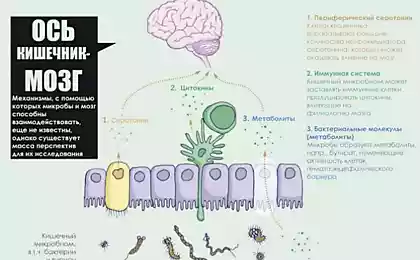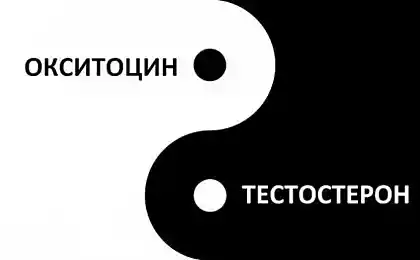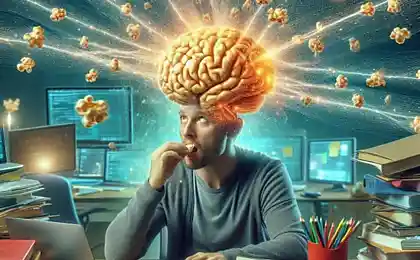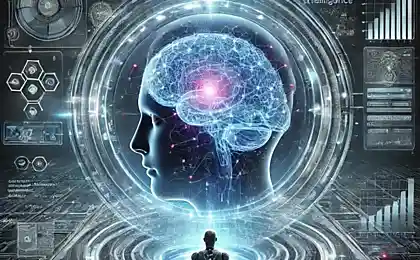196
Don’t turn your brain into junk. The consequences are inevitable!

The Brain in the Age of Information Noise
The modern world is full of information. Social media, news, advertising, notifications – all this creates a constant flow of data that our brain is forced to process. But what happens when that flow turns into junk? How does the endless noise of information affect us? In this article, we’ll look at why it’s important to protect your brain from overload and how to do so to maintain mental health and cognitive function.
What is “information garbage”?
Information garbage is useless, redundant or harmful information that is not useful, but takes place in our minds. These could be:
- Frequent news: Sensational headlines that have nothing to do with your life
- Social media: An endless tape of posts that carry no value.
- Advertising: Intrusive messages that are distracting and annoying.
- Small tasks: Constant notification and switching between cases.
How does information debris affect the brain?
Constant exposure to information noise can lead to serious consequences for mental health and cognitive function. Here are the main ones:
- Decreased concentration: The brain gets used to constantly switching, making it less capable of deep work.
- Increased stress: Overloading information causes feelings of anxiety and anxiety.
- Memory impairment: Excess data makes it difficult to remember important information.
- Emotional burnout: The constant flow of negative news and messages drains emotional resources.
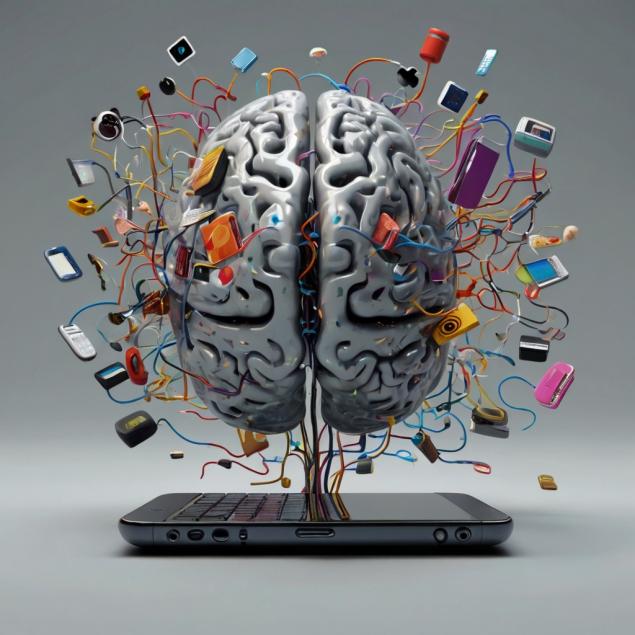
Research shows that information overload can even lower IQ and impair decision-making.
How to protect the brain from information debris?
To avoid negative consequences, it is important to learn how to filter information and create a healthy information environment. Here are some practical tips:
- Set digital boundaries: Limit your time on social media and turn off unnecessary notifications.
- Practice digital hygiene: Clean your subscriptions regularly and remove apps that aren’t helpful.
- Set aside time for deep work: Remove all distractions and focus on one task.
- Read carefully: Choose quality sources of information and avoid sensational headlines.
- Practice mindfulness: Meditation and mindfulness will help you stay in the moment and not get overwhelmed.
An example from life: How to cleanse the brain of garbage
Imagine spending a day without social media or news. Instead, you read a book, walk in nature and socialize with loved ones. By the end of the day, you feel more calm and focused. This is a simple example of how you can clean the brain of information garbage and restore its resources.

Such days can be made a regular practice to maintain mental health.
Conclusion: Take care of your brain
The brain is our most valuable resource and we need to protect it. Information trash may seem harmless, but its consequences can be serious. Start small: set digital boundaries, practice mindfulness, and choose quality information. Remember that your brain deserves to be clean and clear, rather than turning into junk.
Take the first step today and you will notice how your mood, concentration and overall quality of life will improve.






